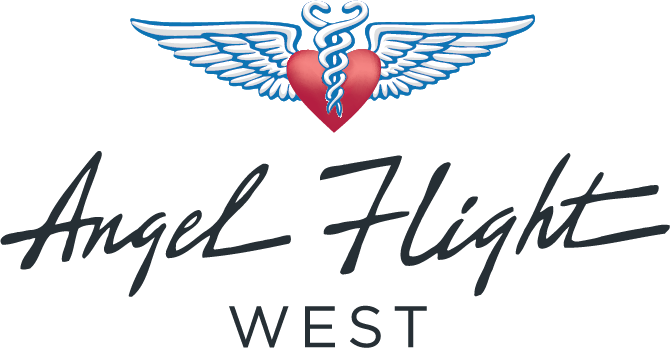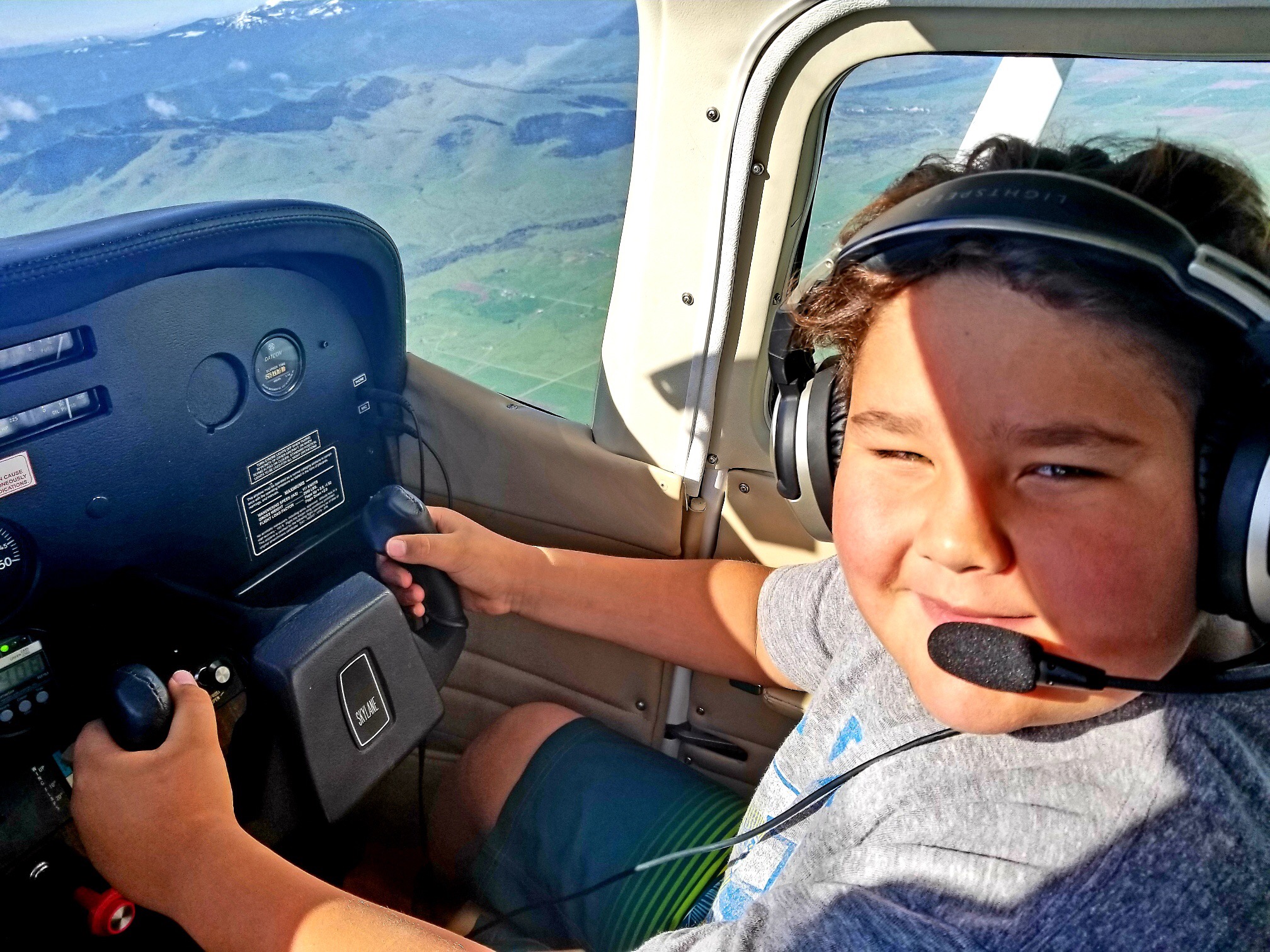
by Alexandro Ramirez, Mission Operations Coordinator
The virus began to spread like wildfire on a windy day. Its incessant and overwhelming ability to replicate in one part of the world, left the other side of the globe curious but wholly unprepared for what was coming. Before these early months in 2020, one would be hard-pressed to find an American who could tell you where Wuhan is or what a Wuhan is.
Mounting cases in China and other parts of Asia began to get play in the media, but we are always slow to move until the threat is on our doorstep. As COVID-19 began its march West across Europe in January and February, Americans perked up their ears. The virus wasn’t exactly on our doorstep, but the unsavory specter was loitering on our front lawn. Still, it’s hard to break the hard-headed optimism that guides the land of the brave, home of the free—even when the first death occurred in Santa Clara County in early February.
Every person has a different breaking point. Within the context of this pandemic, there seemed to be a moment that changed shock to fear, a moment that forced one to appreciate the severity of the situation. For some, that moment came after seeing the numbers on the map of confirmed cases and death tolls rise day after day. Others were struck by the change in classification from epidemic to global pandemic. Many were surprised by the collective run on the grocery stores in early March where the best and worst of humanity could be found in a supermarket aisle. Who would’ve thought that the most coveted and valuable product during a global pandemic would be toilet paper? For me, that moment came when massive corporations began making decisions that didn’t just affect their bottom line, but vanquished it. Early March is really when it started to hit the propeller.
On Monday March 16th, heavy storm clouds hung over Santa Monica. Isabel, Anne, and I were the last of the “bull pen.” John wisely chose to start working from home the week prior, and under penalty of death from her children, Cheri also stayed home. This Monday was marked by a tense uncertainty punctuated by periods of small talk and nervous laughter. There was a pent-up, restless energy in the bull pen that day, fueled by grim news reports and check-in texts from family and friends. The first wave of flight cancellations amplified the tension.
Facilities were gearing up to receive the first wave of COVID patients and were cancelling all other “non-essential” appointments. The governor of California had even ordered a Navy hospital ship to be stationed in the LA bay to prevent hospital overflow. Cities across the United States implemented preventative measures, and the talking heads on every media platform poured gasoline onto an already roaring fire.
With a collective shrug and shiver, we all retreated to our homes and waited in suspense to be told what to do. The same questions were being run up and down the chain of command everywhere. We were all searching for solutions that weren’t readily accessible, and phrases like “there’s a new normal,” “stay safe,” “we’re in uncharted waters,” and “these are unprecedented times,” became part of the daily dialogue. This retreat into universal phrases comforted some because it provided a script—a structure to make sense of the chaos. These words and shared feelings made us feel that we were unified against the invisible.
Brrrrring Brrrrrring…“Angel Flight West, this is Alexandro.”
I’ve got seven tabs open on my computer. This patient still needs a med release before he can fly Monday, and I’ve got a command pilot on the phone who is cancelling his blood mission for tomorrow due to a mechanical, so let me notify LifeStream and cancel the mission in AFIDS. With a quick look-over to the right side of my desk, I see one of the coordinators has slipped another Alaska Airlines flight itinerary that has been sitting on the printer for the last half hour—haven’t had a chance to get up yet. That stack of Alaska Airlines flight itineraries is really starting to pile up, and I really should get started on getting all the data entered. Brrrring Brrrring Briiiiing. “Angel Flight West, how can I help? Okay, you need a Lyft from Kaiser Air at the Oakland Airport to UCSF? Is this the correct address? Okay, no worries. Let me contact the hospital to make sure we’re getting you to the right place. Perfect. Your social worker confirmed the address, and I’m sending you a car.” One of the coordinators shouts over the partition, “Do you know what’s going on with this other patient.” “Hang on, I’ll be right with you when I finish ordering this Lyft.” An instant message window pops up on the computer: “Can you come to my office when you have a minute?” “All right, I’ve ordered you a car. Lookout for a gray Honda Civic.” As I speak, I’m scanning Outlook for unread messages and quickly fire off a couple of emails, while keeping an eye on the Lyft screen tracking the car arriving at Oakland. Just 20 minutes ago, I had a pilot offering to fly a patient the day before her appointment—need to remember to call the family to check if that’s feasible for them. The Lyft screen shows that the driver is waiting for passenger. “Hey, can you call the patient and I’ll call the Lyft driver—I don’t think they’re finding each other.” Brrriing Brring Brrring.
Above is a snapshot of daily mission coordination, and amid the chaos we are guided by our mission. Always aiming to create a seamless experience, we facilitate a philanthropic exchange between pilot and patient. While we’re the logistical arm of the operation, our volunteers are its beating heart. We have the privilege of seeing the pieces come together daily—sowing and then reaping the fruits of our labor. It is anything but a thankless job; we are immersed in gratitude.

L to R top row Anne Paik Alexandro Ramirez Isabel Sotomayor
L to R bottom row Cheri Cimmarrusti and John Jerabek
Mission coordination is also deeply collaborative. Moreover, it is a living process that has been refined for decades and continues to adapt alongside changing technology. While the coordination process itself has evolved over time, that same adaptability is a fundamental requirement for the position. Day-to-day, we are in a state of constant flux. We live in a reactive mode, allowing us to accommodate for quick changes in real time, and in this way, we were prepared for what came in March 2020.
So accustomed to the momentum, we felt uncomfortable when everything came to a grinding halt. On March 19th Los Angeles announced a Safer-At-Home order. Shortly after, we suspended our passenger-flown flights—a decision that weighed heavily on the organization.
Each morning, we fired up our webcams from the comfort of our homes and hit the drawing board. It was time to figure out how to make the most of an unprecedented situation, and our collaborative office environment didn’t quite translate to the virtual world. There were kinks to work out, but it helped that we have a team that doesn’t like to spend time sitting on their hands. Led by the Big Dog herself, we drafted plans about what we could do to improve and refine the mission coordination process. Projects that sat on the back-burner began to receive the attention they were due. We began to ask how we could make existing documents and procedures clearer and better to create an overall better experience for volunteer, passenger, and healthcare professional. For better or for worse, the Stay-At Home order forced introspection. This honest look inward happened at the organizational level as well as the personal level. There is only so much Netflix one can watch.
Unified in our uncertainty, there was plenty of work to be done. John took on the tidal wave of new membership requests with his typical nonchalance, always having the air of a man who has seen bigger waves. It turns out that people with a lot of free time on their hands will jump at the opportunity to complete an orientation. While we ventured into the future of AFW, we remained open to opportunities in the present, seeking ways to utilize our resources amid the pandemic. “How can we help?” We submitted the request to our universe (the 12 Western United States), and we received a response.
Equally antsy to lend assistance, our volunteers launched into the sky to transport PPE and other supplies to vulnerable populations. We partnered with the Colorado Hospital Association to fly PPE to rural communities in Colorado. AFW pilots took to the skies with tens of thousands of pounds of PPE bound for hospitals across Colorado who were in desperate need of this protective equipment. We also partnered with organizations like With Love, From Strangers and Stop the Bug to serve the Navajo, Hopi, White Mountain Apache, San Juan Paiute, Hualapai, and Zuni tribes. Through these supply flights, we rediscovered our mission, finding our way back to granting access to critical medical treatment, not by delivering the patient to a treatment facility, but by bringing the supplies to the facility and the patient directly. Once again, we exploited the advantages of GA, utilizing small aircraft able to beeline to very remote locations.
Our success in getting these supply flights off the ground so quickly was largely due to hall-of-fame worthy mission coordinators, Anne and Isabel. Though sounding nothing alike, they are often confused on the phone by others. To me, this confusion has less to do with the tones of their voice and speaks directly to how evenly matched they are in their competence, work ethic, and organizational ability.
And I would do a massive disservice to the Mission Ops team if I neglected to mention the true wizard behind the curtain, Cheri “The Big Dog” Cimmarrusti. None of what we have been able to accomplish with or without a pandemic could have taken place without her guidance. And when it comes to good leadership, Cheri puts on a freakin’ clinic. She leads by example, channeling endless compassion into her work. She makes swift decisions when needed, yet expresses doubts when she doesn’t have the answer, removing ego from the equation and always welcoming feedback and constructive criticism. She delegates responsibility in a way that proves just how much she trusts her team. I’m not here to blow smoke; I’m just taking notes.
I was fortunate enough to book medical professionals on donated commercial flights. Alaska Airlines and Southwest graciously donated tickets, and we shuttled medical professionals across the country where they could lend their valuable skills to the ongoing battle. I spoke to hundreds of nurses, doctors, and therapists, among others, who have always devoted their lives to saving others, although not often risking theirs in the process. It was an honor to play a small part in helping the heroes of today.
Times of heightened stress and disaster tend to draw out the extremes. Humanity is laid bare both in its selfish shortsightedness and its beautiful selflessness. How lucky I am to bear witness to the most amazing facets of humanity on a daily basis. Ultimately, it becomes our duty to decide what we pay attention to. Kicking back in your favorite recliner is often easier to sit in the darkness than to get up and turn on the light. I, and the rest of the AFW Quaranteam, are steadfast in our resolve to light up the whole damn house.

